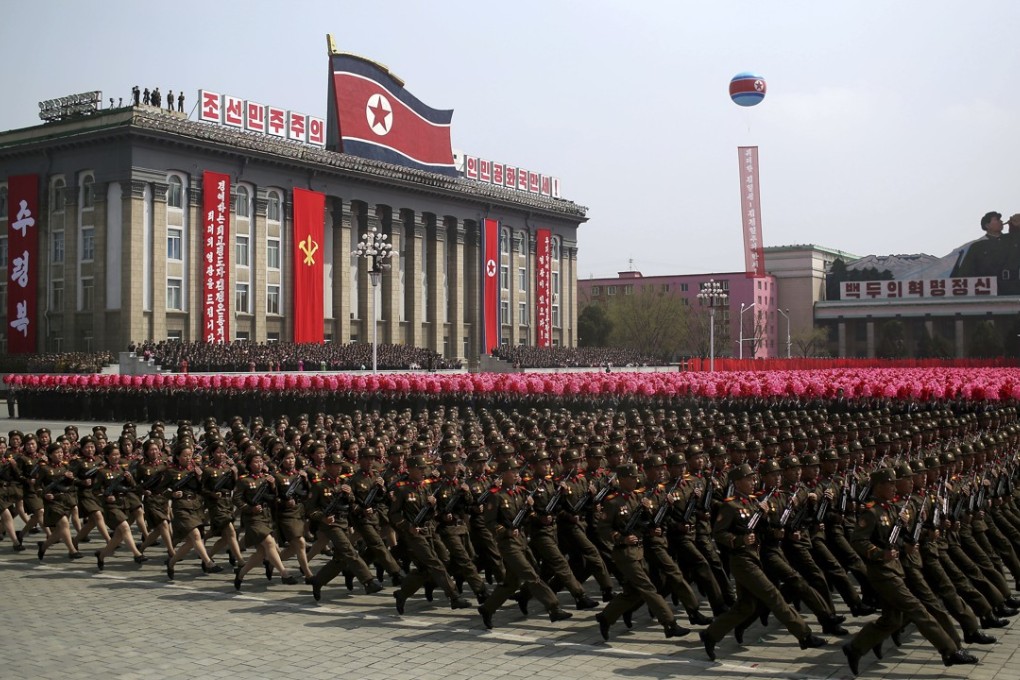Now is the time for US to reach out to North Korea
Instead of tightening the screw on Pyongyang and moving to punish those in China, the Trump administration should explore restarting formal talks

If ever there was a time for exercising strategic patience – the term coined for US policy towards North Korea’s nuclear threat under the Obama administration, it is now. The agreement between North and South Korea on the North’s participation in the Pyeongchang Winter Olympic Games is a breakthrough in ties that have been frozen for two years.
The outcome includes teams from the two sides marching together at the opening ceremony under a single flag of unification. It breaks the ice for wider discussions, such as the resumption of economic cooperation and family reunions.
However frustrating Pyongyang’s success in breaking United Nations sanctions is to the United States and its allies, this is no time for a punitive response under President Donald Trump’s “maximum pressure” policy to counter the North’s nuclear defiance.
But that is what the US has been doing. First it was a prime mover in organising a meeting of foreign ministers from 20 countries to strengthen diplomatic efforts towards denuclearising the Korean peninsula – without inviting the North’s neighbour and closest ally China, or Russia. Then it imposed new sanctions on Chinese and North Korean-linked firms and individuals, which it said supported the regime of Kim Jong-un and his nuclear weapons programme.